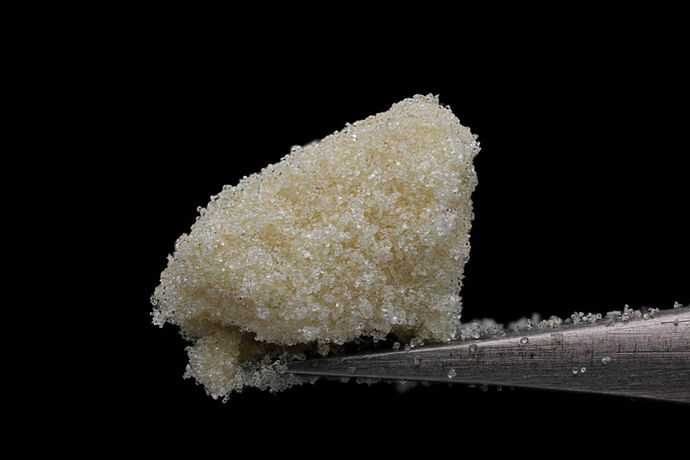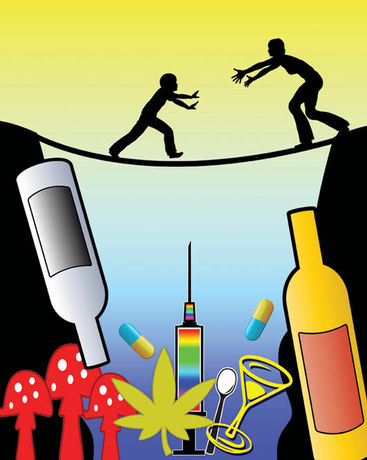In my daytime gig as a criminal defense attorney, I am often called upon to explain to my clients the purpose of criminal laws. Sometimes the law reflects a clear and shared understanding by society of what is legally permissible – murder and theft are two good examples. But sometimes the law is not so clear, which can lead to a fairness problem when a violation of the law comes with a criminal sanction such as a fine or incarceration. One important concept essential to our understanding of fairness is procedural due process – this right for a defendant is enshrined in the Due Process Clause of the Fifth Amendment and the Fourteenth Amendment to the U.S. Constitution. The constitutional protection against government abuse is based on the idea that there must be a clearly defined law before there can be a crime. But what if a patient or caregiver is unaware that they are breaking the law, because the law is so widely unenforced and ignored? Is it fair to punish someone who didn’t know their conduct was unlawful?
A trial court must presume that every individual who appears before it knows the law and understands it. Otherwise, every litigant could claim ignorance of the law, which brings us back to the U.S. Constitution’s protections for defendants – requiring a Court to invalidate a criminal statute if it is “so vague that men of common intelligence must necessarily guess at its meaning and differ as to its application.” And in the case of Cannabis, where laws are highly specialized, contradictory, and confusing, can these laws be justly enforced?
Let’s use the purchase of Cannabis seeds as an example. Under Maryland law, you can order hemp seeds from a seed bank anywhere in the world and lawfully grow one pound of it at your home without question. However, if you order seeds and grow one pound of marijuana at your home, you would be committing a felony punishable by up to five years incarceration and/or up to a $15,000 fine.
Hemp and marijuana are not distinguishable by physical appearance or smell. How would one know if their Cannabis plant was above or below the .03% THC threshold distinguishing hemp from marijuana? What if the seed didn’t germinate as advertised? There is no mechanism in Maryland law for an individual to get their Cannabis plant tested to make certain that it is hemp. And medical Cannabis dispensaries in Maryland do not sell seeds to patients to grow their own medicine. So why is the sale of Cannabis seeds so easy, available and not prosecuted?
The websites I checked clearly warned me that it was illegal to grow a marijuana plant from seed. But it assured me that it was perfectly lawful to purchase the seed itself, so long as I didn’t germinate it. I could tell that there were only a few major large-scale seedbanks selling marijuana seeds in three varieties: regular, feminized and auto-flowering. And they all disclaimed any liability, criminal or otherwise, for filling a seed order.
So I checked again, and Maryland law is clear. Marijuana seeds are part of the defined term marijuana, which in Maryland means “all parts of any plant of the genus Cannabis, whether or not the plant is growing; the seeds of the plant . . . and each compound, manufactured product, salt, derivative, mixture, or preparation of the plant, its seeds, or its resin.”
Federal law is also clear, and defines the plant similarly: “all parts of the plant Cannabis sativa L., whether growing or not; the seeds thereof; . . . and every compound, manufacture, salt, derivative, mixture, or preparation of such plant, its seeds or resin.” The term does not include hemp oil or cake made from the seeds of the plant . . . or the sterilized seed of such plant, which is incapable of germination.” So what then is the point of these largely symbolic laws that are formally in effect in the criminal code, but which are not penalized by a jurisdiction? Long story short: There is no point, other than to serve as a trap for the unwary and provide cover for selective enforcement.
Such legislation appears to be largely the remains of drug wars past. The Maryland criminal code is filling up with legislation that is increasingly contradictory and symbolic in nature. No doubt there are real problems with unenforced laws remaining on the books, especially if those lead to arbitrary application of the laws across different groups, either by police or the courts. Does the existence of laws that are no longer enforced create disrespect for the laws or a diminishment of its deterrence effect? We still don’t know. But we do know that the failure of our lawmakers to enact clear legislation governing Cannabis makes us all unsafe.










